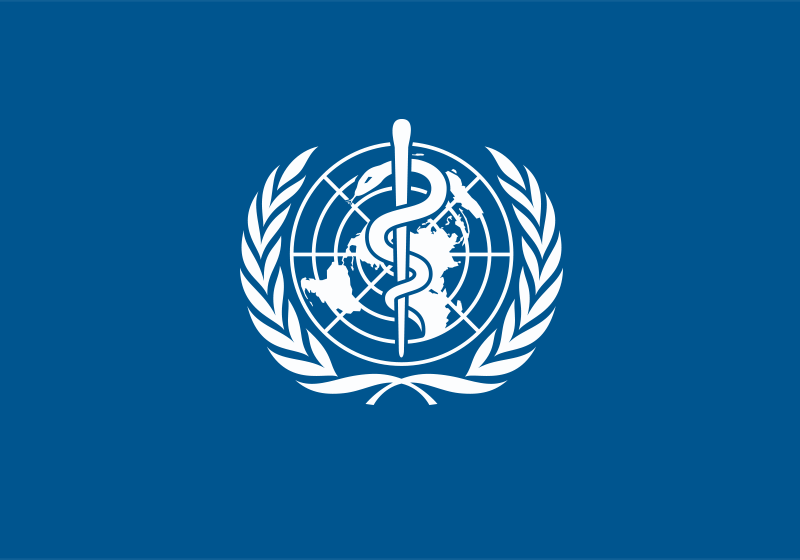
WHO/Europe will launch the TB-Free Central Asia initiative on 7 April 2025 in Astana, Kazakhstan. The initiative aims to provide a platform for collaboration and strategic guidance to the 5 central Asian countries (Kazakhstan, Kyrgyzstan, Tajikistan, Turkmenistan and Uzbekistan) to accelerate efforts to end tuberculosis (TB) by 2030.
The initiative will help to develop practical, country-driven solutions, including national strategic planning, by addressing common challenges, fostering cross-country collaboration and facilitating information exchange.
The objectives of the initiative are to:
- strengthen the delivery of quality TB services through primary health care and community-based programmes;
- promote innovative health services delivery across the entire continuum of TB care; and
- facilitate cross-country cooperation and the global health security agenda.
This initiative is fully aligned with global commitments made by all Member States during the 2023 United Nations High-level Meeting on TB and the TB Action Plan for the WHO European Region 2023–2030.
Burden of TB in central Asia
Despite positive trends, TB and drug-resistant TB (DR-TB) remain critical public health threats in central Asia, with over 35 000 TB and 8000 DR-TB cases reported annually. Four of the 5 central Asian countries rank among the top 30 high-burden DR-TB nations globally. In 3 of these countries, DR-TB rates exceed 50% among previously treated patients and 26–34% among new patients, accounting for a quarter of the global DR-TB burden.
TB preventive treatment (TPT) in Central Asia is currently low, mainly covering child contacts. Expanding TPT to high-risk groups, especially adult close contacts and people living with HIV, is crucial to prevent further spread. Regional dynamics, such as labour migration, also significantly influence the TB epidemic.
The new initiative will work to address challenges such as expanding DR-TB diagnostics, implementing shorter oral regimens, procuring necessary drugs and supporting people living with the disease.



